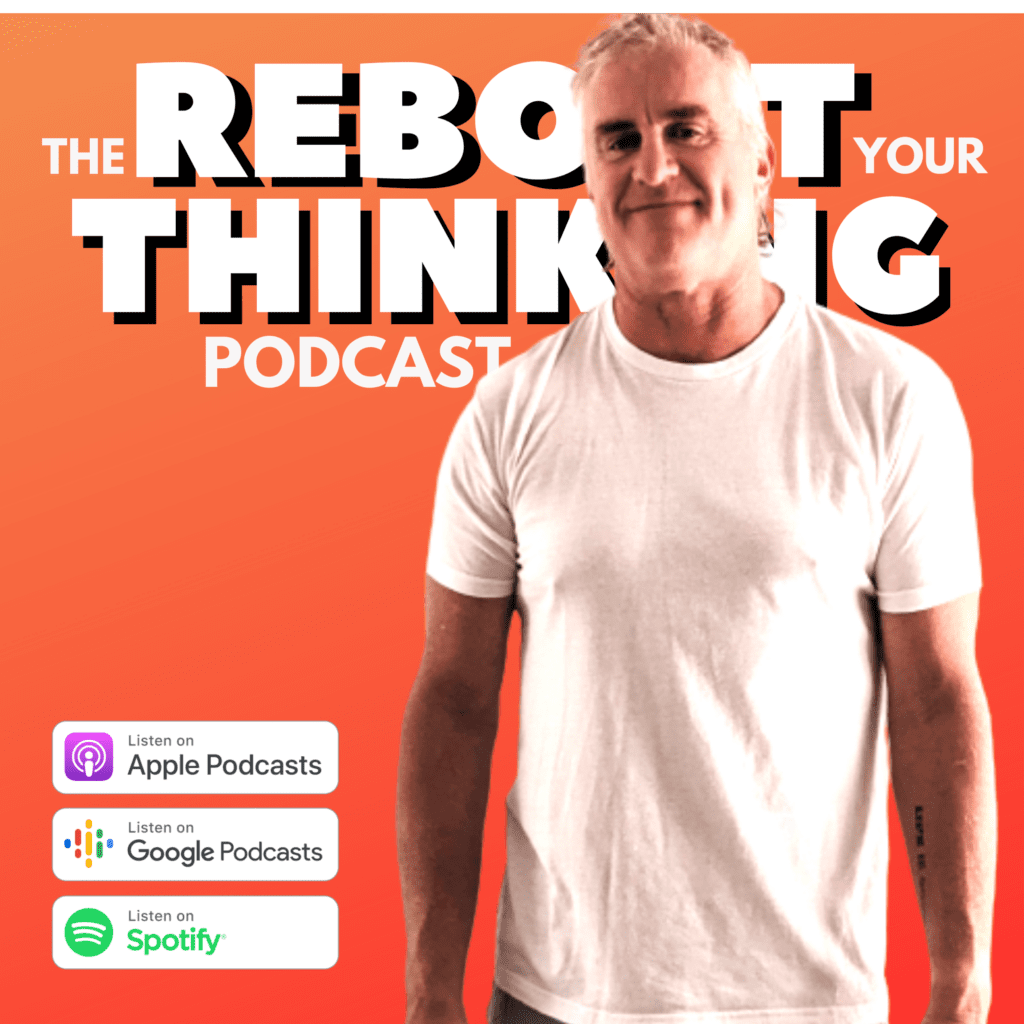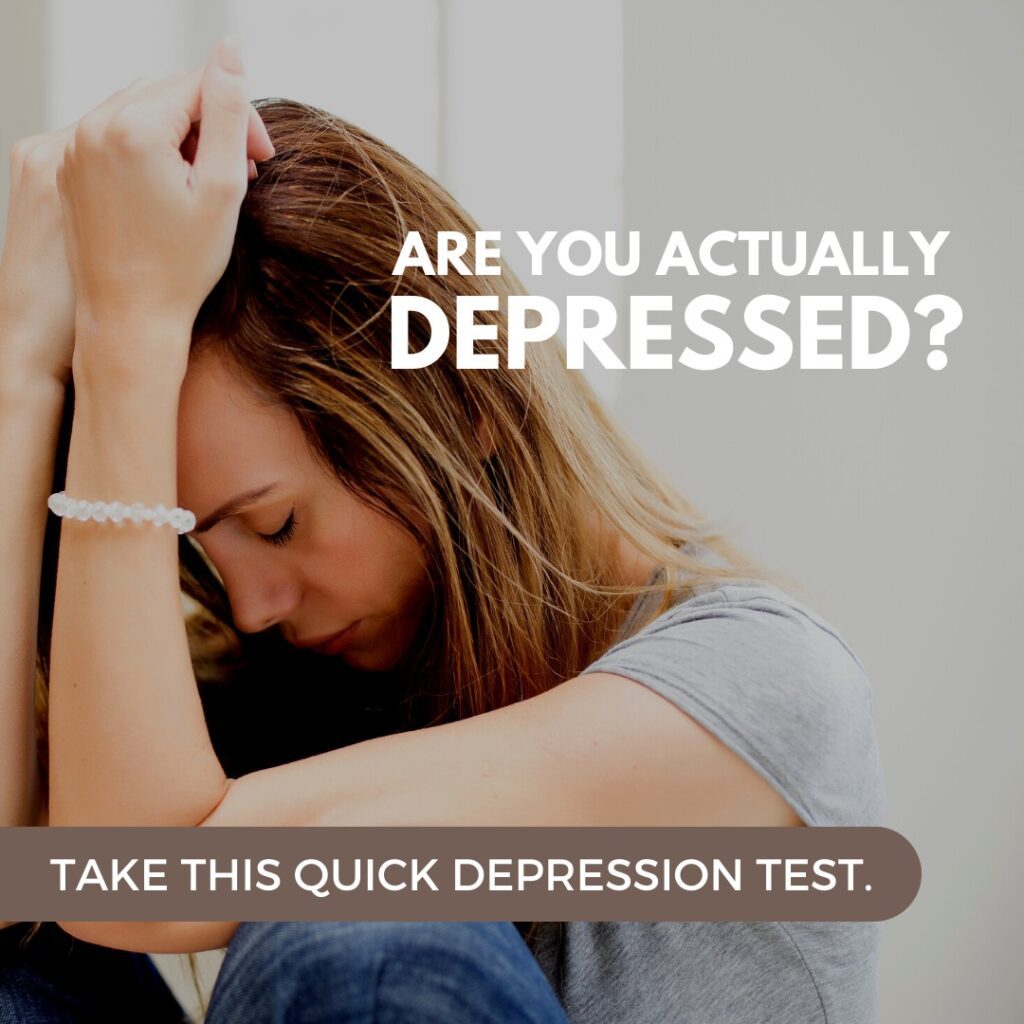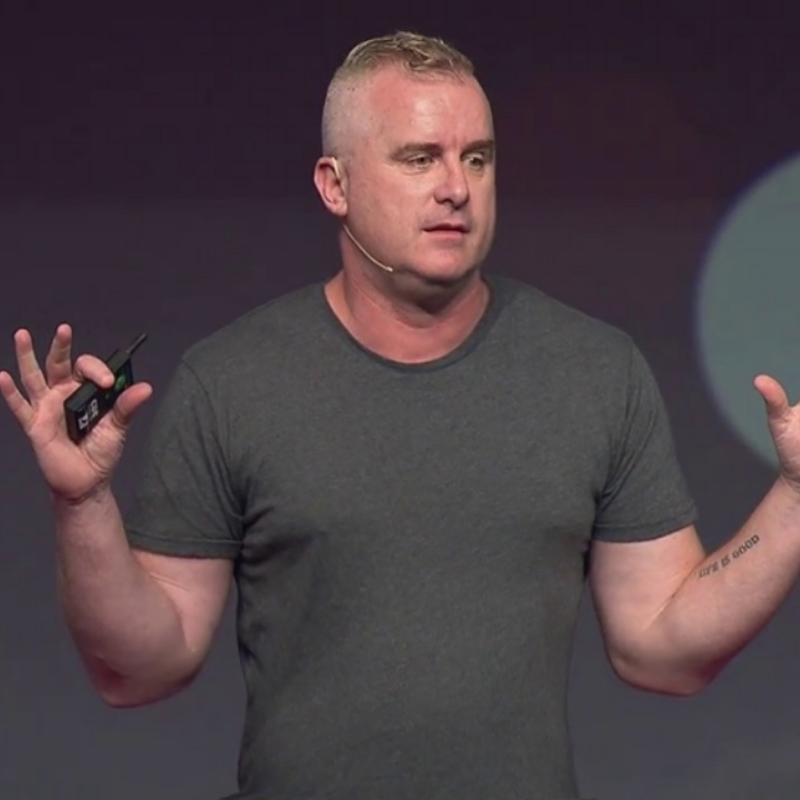Journaling is a powerful tool that can help improve your mental health in many ways.
By taking the time to reflect on your thoughts and feelings, you can gain a better understanding of yourself, identify patterns and triggers, and develop new coping strategies.
In this blog post, we’ll explore how journaling can help improve your mental health and provide a 7-day journaling challenge to get you started.
Day 1: Mindfulness and Reflection
To begin, take a few minutes to sit quietly and focus on your breath.
As you inhale and exhale, pay attention to the sensations in your body and the thoughts in your mind.
When you feel settled, open your journal and write down your thoughts and feelings from the past day.
Don’t worry about grammar or punctuation – this is just for you.
Take some time to reflect on what you’ve written and how you can use this information to improve your mental health moving forward.
Day 2: Gratitude
Gratitude is a powerful antidote to stress and anxiety.
Take some time to reflect on the things in your life that you’re grateful for, no matter how small they may seem.
Write down at least three things you’re grateful for each day, and take a moment to savour the positive emotions that come with each one.
Day 3: Anxiety and Fear
If you struggle with anxiety or fear, journaling can be a helpful tool for processing these emotions.
Write down your fears and worries, and then try to challenge any negative thoughts or beliefs that may be fuelling them.
Ask yourself if there is any evidence to support these fears, and if there are any steps you can take to reduce them.
Day 4: Self-Care
Self-care is essential for maintaining good mental health.
Take some time to reflect on the things you do to take care of yourself, and identify any areas where you could use some improvement.
Write down your self-care goals for the next week, and make a plan to prioritise them in your daily routine.
Day 5: Mind and Body
The mind and body are closely connected, and taking care of one can help improve the other.
Reflect on the ways in which you’re taking care of your physical health, and identify any areas where you could make improvements.
Write down your physical health goals for the next week, and make a plan to prioritise them in your daily routine.
Day 6: Creativity
Engaging in creative activities can be a powerful way to boost your mental health.
Take some time to reflect on the ways in which you express yourself creatively, and identify any new creative activities you’d like to try.
Write down your creative goals for the next week, and make a plan to prioritise them in your daily routine.
Day 7: Reflection and Gratitude
To wrap up your 7-day journaling challenge, take some time to reflect on your experience.
Write down what you learned about yourself, what surprised you, and what you’d like to continue doing in the future.
And, of course, take some time to express gratitude for the experience and for yourself.
Conclusion
In conclusion, journaling can be a powerful tool for improving your mental health.
By taking the time to reflect on your thoughts and feelings, you can gain a better understanding of yourself, identify patterns and triggers, and develop new coping strategies.


















